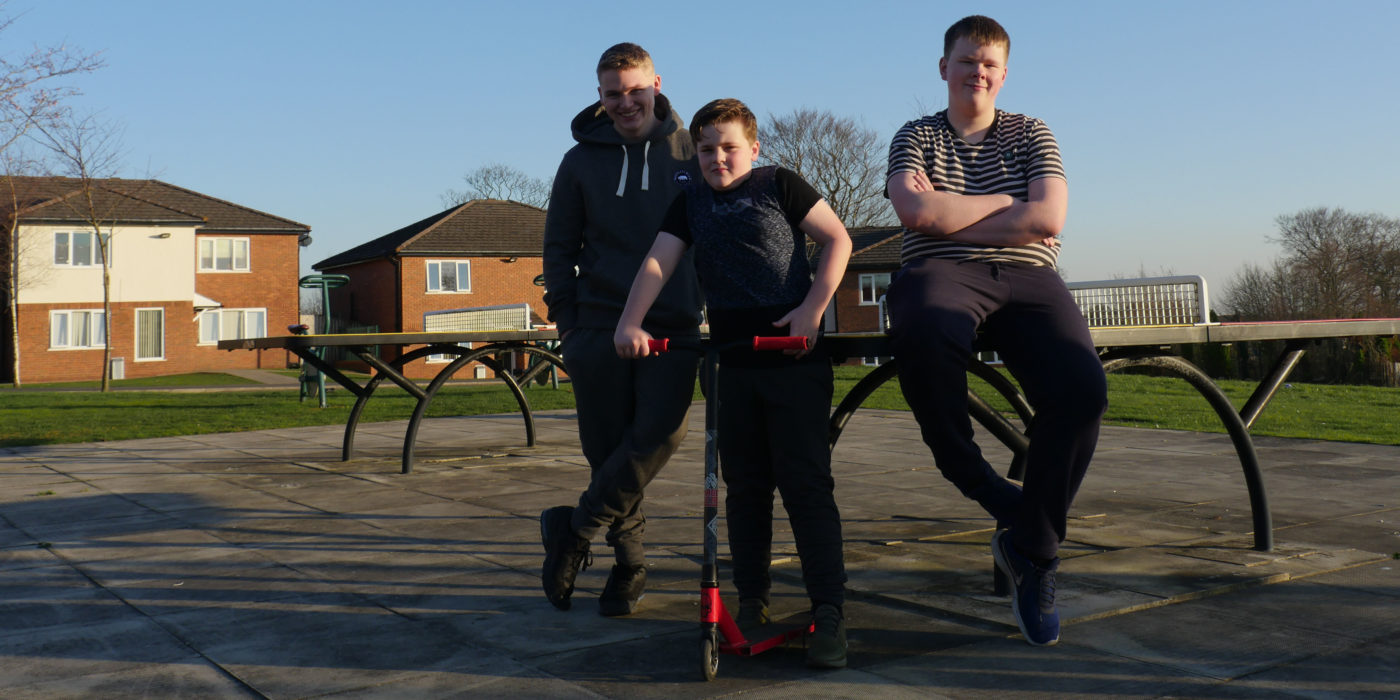Bully Busters
Identifying bullying at Nugent House Residential.
Bullying is an increasingly complex problem for young people, and research shows that young people in care are among the groups who are most vulnerable to bullying, reporting twice the level of bullying of children in primary years and four times more than other secondary school children*.
A report by the Social Exclusion Unit stated that 60% of looked after children consulted during the study reported being bullied at school, compared with just 10% of all pupils.
Children in care say that bullying is their top concern, often making the lives of victims miserable and suggesting it can undermine their confidence and self-esteem, and destroy their sense of security.
There is also strong evidence to suggest that the correlation between looked after children and bullying increases with age.
1.75 times more likely to be bullied at age 16**
Data from the Longitudinal Study of Young People in England (LSYPE) survey found that looked after children aged 14 years were 1.56 times more likely to be bullied than those who had not been in care, 1.72 times more likely to be bullied at age 15 and 1.75 times more likely to be bullied at age 16**.
Fionnghuala (Finn) Austin, an Edge Hill University Social Work Student, took these findings as a starting point to develop a series of workshops, which she ran during Anti Bullying week last November at Nugent’s residential home in Billinge. Finn wanted to gain an understanding of how bullying in care manifests itself and to see how it differs from mainstream schools environments.
Finn worked with Sarah Watkinson, Deputy Registered Manager at Nugent House Residential, and a group of young people living in our care with the aim to help staff and young people better understand what bullying is and how to deal with it.
The workshops were designed from research and conversations with staff and boys in different age groups, helping the boys explore the issues, question the idea of bullying and understand if it was actually happening in their home.
They discussed the roots of bullying, how to deal with a bully, the effects of bullying and crucially, question themselves about their own behaviour; were they guilty of bullying too?
“I felt confident talking about it”
The boys who took part were very engaged in the subject, showing an interest in what constitutes bullying, and the conversations opened up many issues around the different forms that bullying could take from the obvious physical bullying to the more hidden aspects of online bullying.
The boys were able to use the workshops to express their own feelings about bullying and were able to input into Finn’s project in positive ways. They openly talked about their own experiences and discussed how they felt that bullying was a part of life.
They talked about when they had experienced bullying and even being a perpetrator of bullying. They were then able to discuss how that felt and how it felt for someone else.
As a follow up, they boys were asked to develop anti-bullying posters as a way of showing what they felt needed to happen to tackle bullying within their home.
“It helped the boys to open up about bullying”
Through this they were able to show support to others at Nugent House Residential who may be unable to talk about problems they were facing.
The boys were proud that some of the issues they had raised at the beginning of the project around bullying were now being taken seriously and this gave them confidence to raise concerns in the future.
Declan, who took part, said:
“The workshops were really good. I was pleased that we could deal with this issue and felt confident talking about it. Bullying isn’t good and we have experienced less of it since we did the workshops.”
Nugent House Residential Deputy Registered Manager Sarah Watkinson said:
“The project really had an impact. It helped the boys to open up about bullying, and talk about what was going on for them, and others and how they can support each other. The boys were very engaged and it was great to see how open they were.”
Nugent House Residential in Billinge provides a home for boys aged 7-19 with emotional behaviour and mental health needs through specialist therapeutic residential support in 8 residential houses.
*Safe to Play report 2008
**National Centre for Social Research, 2010


